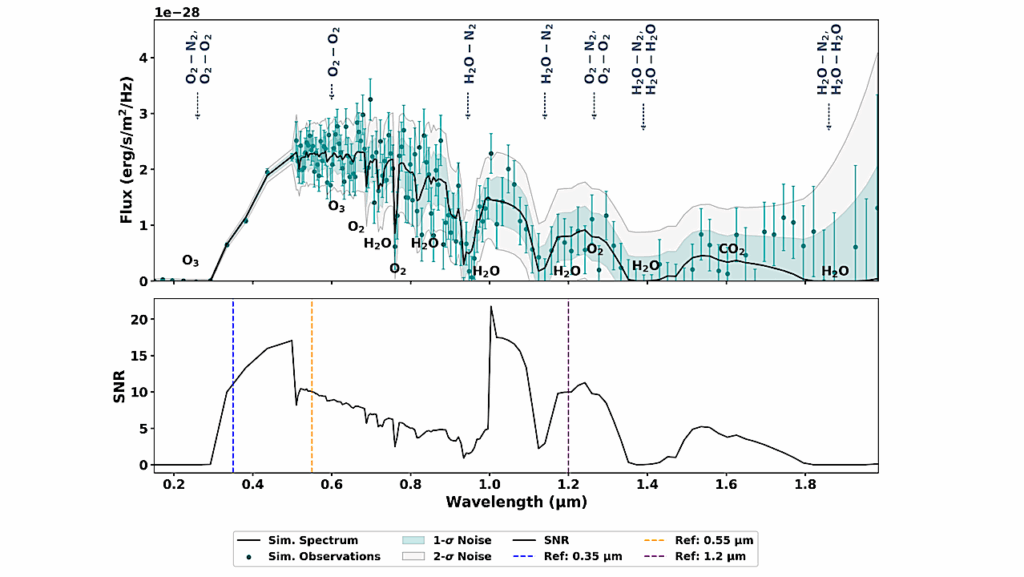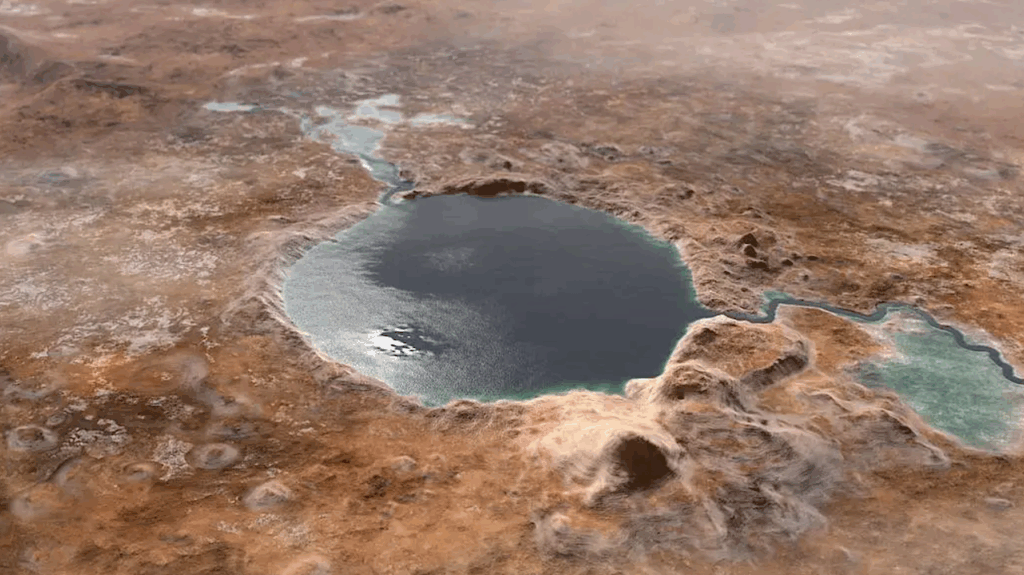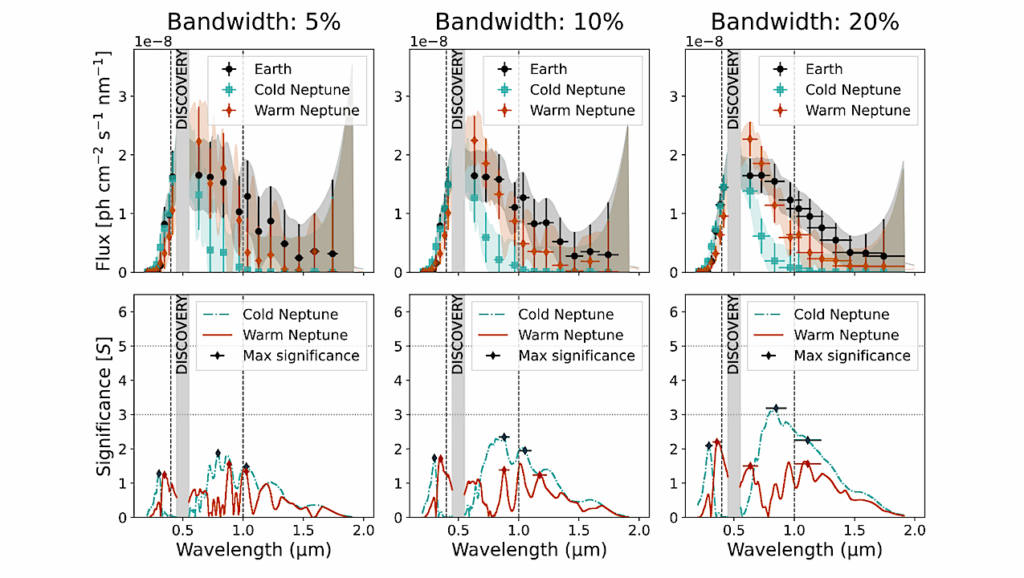Water On Earth Is Older Than Our Sun

A pioneering new study has shown that water found on Earth predates the formation of the Sun — raising hopes that life could exist on exoplanets, the planets orbiting other stars in our galaxy.
The ground-breaking research set out to discover the origin of the water that was deposited on the Earth as it formed.
It found that a significant fraction of water found on Earth, and across our solar system, predates the formation of the Sun. By showing that water is ‘inherited’ from the environment when a star is born, the international team of scientists believe other exoplanetary systems also had access to an abundance of water during their own formation.
As water is a key component for the development of life on Earth, the study has important implications for the potential for life elsewhere in the galaxy.
Professor Tim Harries, from the University of Exeter’s Physics and Astronomy Department, was part of the research team.
He said: “This is an important step forward in our quest to find out if life exists on other planets. We know that water is vital for the evolution of life on Earth, but it was possible that the Earth’s water originated in the specific conditions of the early solar system, and that those circumstances might occur infrequently elsewhere.
“By identifying the ancient heritage of Earth’s water, we can see that the way in which our solar system was formed will not be unique, and that exoplanets will form in environments with abundant water. Consequently, it raises the possibility that some exoplanets could house the right conditions, and water resources, for life to evolve.”
Scientists have previously been able to understand the conditions present when stars are formed by looking at the composition of comets and asteroids, which show which gases, dust and, most importantly, ices were circling the star at its birth.
The team of international scientists were able to use ‘heavy water’ ices — those with an excess of water made with the element deuterium rather than hydrogen — to determine whether the water ices formed before, or during, the solar system’s formation.
By using sophisticated modeling techniques, the team were able to show that the excess of heavy water was inherited from the pre-existing environment, suggesting that many exoplanets will contain water, the key liquid necessary for life.
Ilsedore Cleeves, a PhD student at the University of Michigan and lead author on the paper, explained: “There has been a long-standing question as to whether any of these ancient ices, including water, are incorporated into young planetary systems, or if all the preplanetary building blocks are reprocessed and/or locally synthesized near the star.
“These two scenarios have very different consequences for the composition of planets. In the latter case, the chemical make-up of the planets, including water, would depend upon what type of star a planet ends up next to. In contrast, the former case implies that all planetary systems would form from similar starting materials, including abundant interstellar water.
“The implication of these findings is that some of the solar system’s water must have been inherited from the Sun’s birth environment, and thus predate the Sun itself. If our solar system’s formation was typical, this implies that water is a common ingredient during the formation of all planetary systems.
“To date, the Kepler satellite has detected nearly 1,000 confirmed extrasolar planets. The widespread availability of water during the planet-formation process puts a promising outlook on the prevalence of life throughout the galaxy.”
Contact:
Duncan Sandes
University of Exeter Press Office
+44 (0)1392 722062 / +44 (0)7789 874838
[email protected]
Reference:
“The Ancient Heritage of Water Ice in the Solar System,” I. Cleeves et al., Science, 26 September 2014 [http://www.sciencemag.org].
The University of Exeter (http://www.exeter.ac.uk) is a Russell Group university and in the top one percent of institutions globally. It combines world-class research with very high levels of student satisfaction. Exeter has over 18,000 students and is ranked 8th in The Times and The Sunday Times Good University Guide league table, 10th in The Complete University Guide and 12th in the Guardian University Guide 2014. In the 2008 Research Assessment Exercise (RAE) 90% of the University’s research was rated as being at internationally recognized levels and 16 of its 31 subjects are ranked in the top 10, with 27 subjects ranked in the top 20. Exeter was The Sunday Times University of the Year 2012-13. The University has invested strategically to deliver more than #350 million worth of new facilities across its campuses in the last few years; including landmark new student services centers — the Forum in Exeter and The Exchange on the Penryn Campus in Cornwall, together with world-class new facilities for Biosciences, the Business School and the Environment and Sustainability Institute. There are plans for another #330 million of investment between now and 2016.








